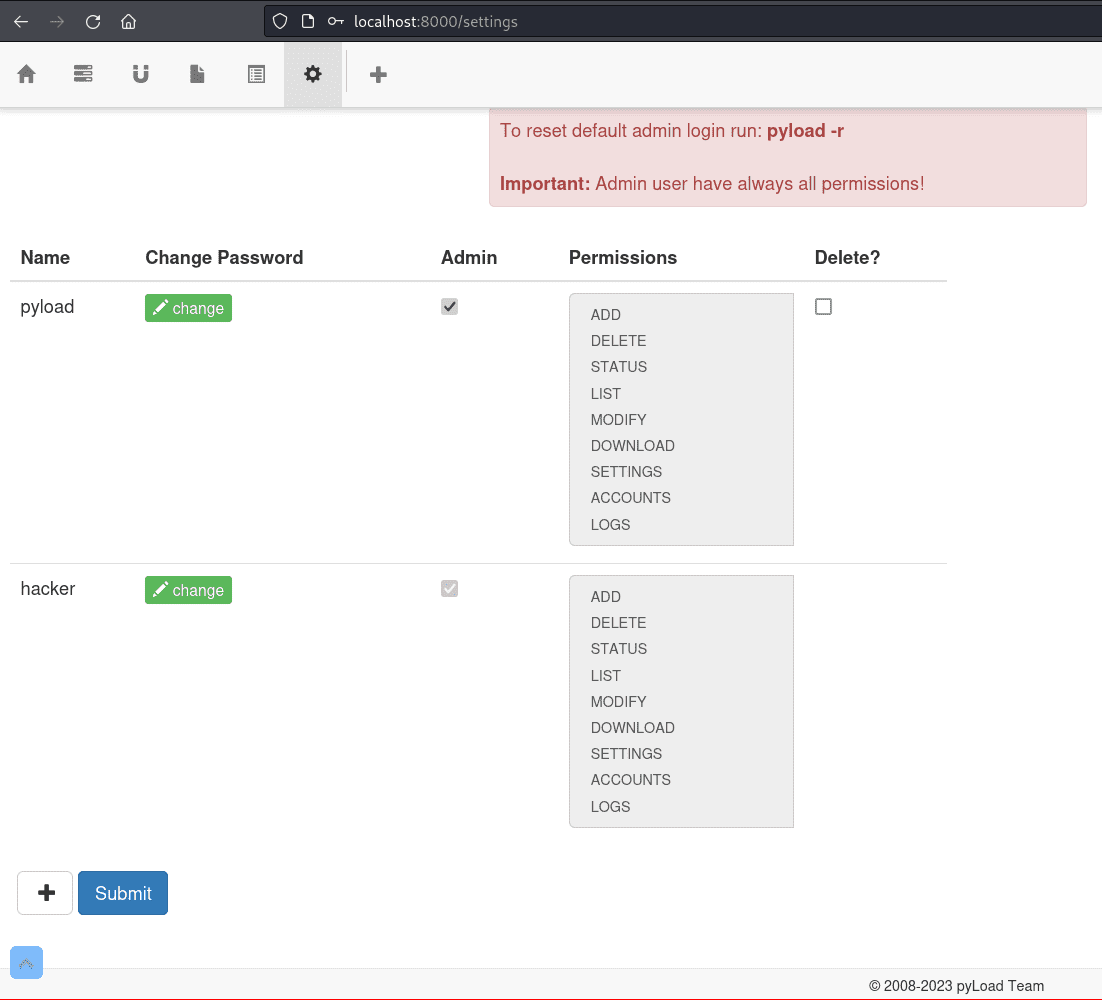
In the interconnected realm of modern technology, where devices ranging from NAS systems to next-gen routers and headless home servers become the backbone of our digital lives, the software that powers them is of paramount importance. pyLoad, a versatile download manager developed to harness the power of Python across a multitude of platforms, stands out for its flexibility and wide-ranging compatibility. However, a critical vulnerability found in pyLoad could have far-reaching implications.

Security researchers PinkDraconian and Kaydoda have brought to light a significant flaw in pyLoad– CVE-2024-22416, a vulnerability with a high CVSS score of 9.6. This vulnerability exposes pyLoad to Cross-Site Request Forgery (CSRF) attacks, potentially allowing attackers to escalate their privileges to the admin level without authentication. The core of this vulnerability lies in the pyLoad API’s handling of GET requests and its session cookie not being set to SameSite: strict, making every API call vulnerable to CSRF attacks.
CSRF attacks exploit the trust a web application has in the user’s browser, tricking the browser into executing unwanted actions in a web application to which a user is logged in. In the case of pyLoad, CVE-2024-22416 could enable an unauthenticated attacker to craft a malicious web page that, when visited by an admin, executes API calls on behalf of the admin without their knowledge. This could lead to unauthorized actions, such as creating new admin users, thereby compromising the entire system.
The proof of concept provided by the researchers showcases a frightening scenario: an unauthenticated user could deceive the administrator’s browser into unwittingly creating a new admin user. This not only highlights the ease with which the system can be compromised but also underscores the necessity for immediate remediation to prevent potential exploitation.
For users and administrators of pyLoad, this discovery serves as a critical call to action. It is imperative to implement the recommended updates and security measures to mitigate this vulnerability. Furthermore, this incident emphasizes the importance of rigorous security practices, including the regular review and update of session cookie policies and the careful examination of API call mechanisms.